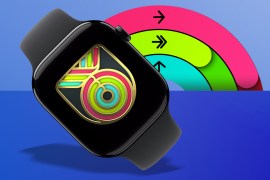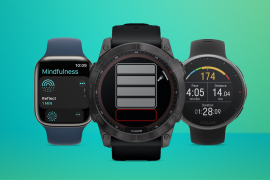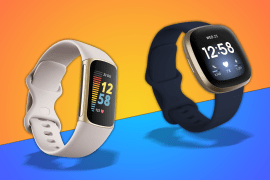I own an Oura ring, and I don’t think the Samsung Ring can be better
The freshly unveiled Samsung Ring promises top health tracking features. But I don't think it can do a better job than the Oura ring.
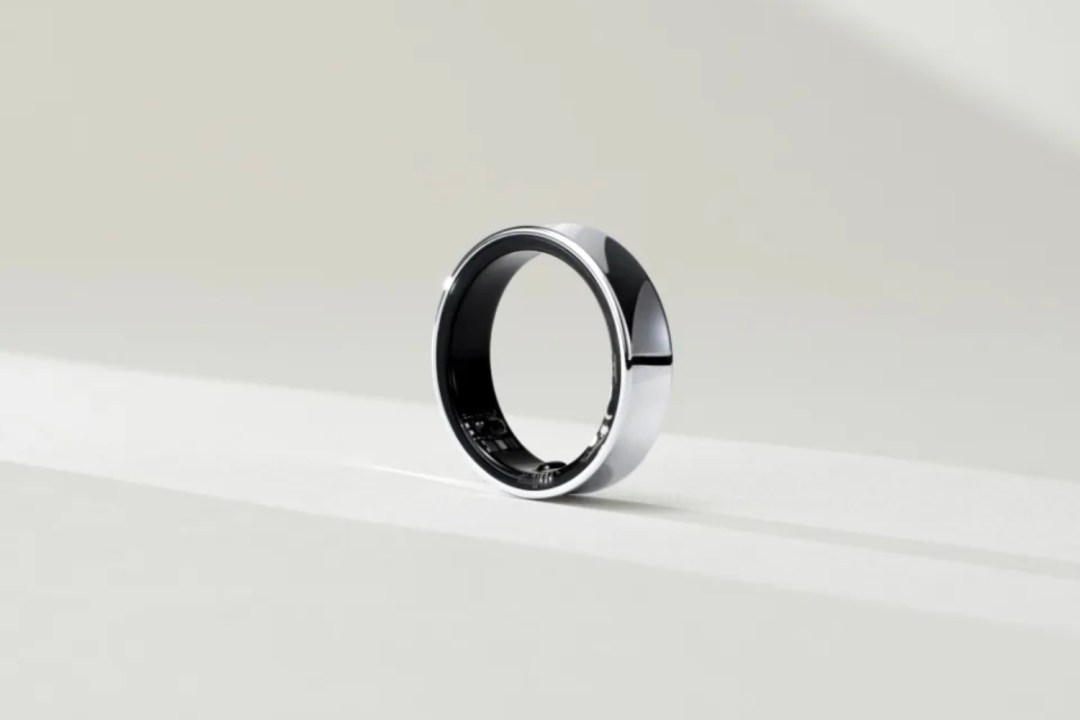
I’ve said it before, and I’ll say it again. I love a good fitness tracker. There’s always an Apple Watch strapped to my wrist, and I’ve got a variety of other tools in my health-tracking arsenal. One of these is the Oura ring, a health tracking ring that slips on your finger and monitors some key stats. It’s a sleek fitness tracker that means I can ditch my smartwatch on some occasions and keep tracking my steps.
And in all honesty, I’m a fan of the Oura ring. It boasts remarkable tracking and is really accurate. Plus, it plays nice with my Apple Watch when I am wearing it (which is most of the time). But Samsung has just announced the Samsung Ring at MWC 2024 – it’s health-tracking alternative to Oura. And I’m not sure how it can be better.
Ring it in: why the Oura ring works so well
Oura’s ring is crafted from titanium, making it tough yet lightweight. And guess what? It’s water-resistant too, so feel free to wear it while you’re doing the dishes or taking a dip in the pool. And it packs a ton of health sensors. We’re talking heart rate, body temperature, and even your sleep patterns. And it can last up to an entire week on a single battery charge.
You can dive in for deeper insights, such as a readiness score based on your activity from the day before and how much sleep you got. It’ll automatically track your activities, so you don’t need to worry about starting one. Better yet, it plays nice with my Apple Watch. The pair won’t just sync data, each will actively make sure the other device didn’t miss an activity or step.
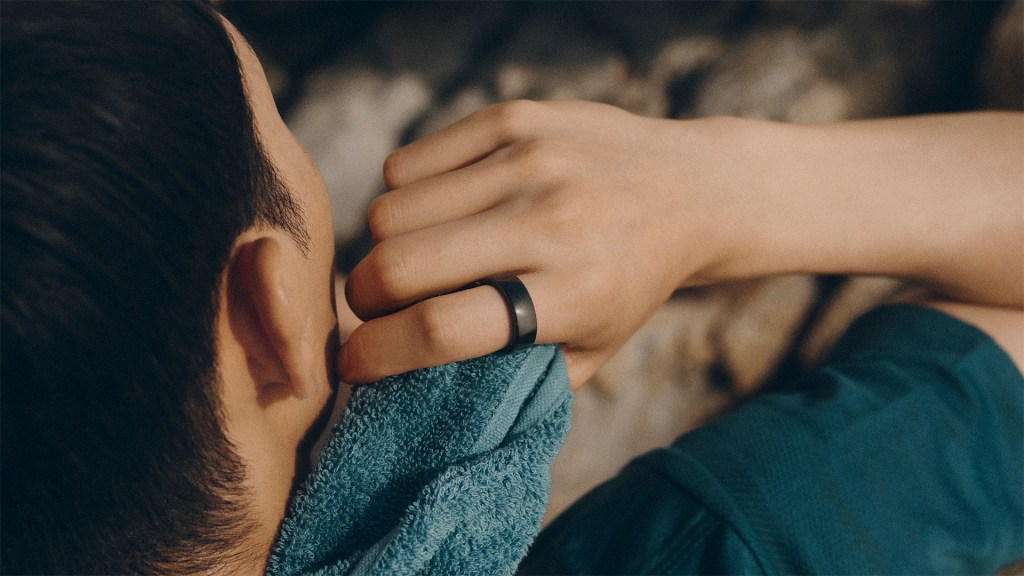
Wearing the Oura ring, it stays tucked nicely out of the way on your finger. It’s a bit chunkier than a normal ring, but isn’t like walking around with some garishly large stone on your hand. The best part is how accurate the data is. Oura manages to detect your individual sleep stages, and measure your heart and breathing stats rather accurately. Numerous studies have backed up how accurate the ring is, so that’s not just my opinion. So how can the Samsung Ring do better?
The Samsung Ring might struggle to do better
The Samsung Ring ticks all the major boxes you’d expect, including heart rate and sleep tracking, movement, and breathing. Samsung will also continue its partnership with Natural Cycles — a company it’s worked with to provide fertility tracking on the Galaxy Watch — bringing the same feature to the Galaxy Ring. And it’ll even work nicely with your Galaxy Watch. Sounds like a compelling offer, right? Maybe not.
Since the Oura ring has been available for a few years now, it’s already got a pretty solid reputation. For a device without an operating system, it’s the sort of thing that matters. Unlike a smartwatch, it has no screen. So everything comes down to how accurate it is. Samsung isn’t just going to have to match (or beat) the Oura ring in terms of reliability, it’s also going to have to give people a compelling reason to buy the ring in addition to a smartwatch.
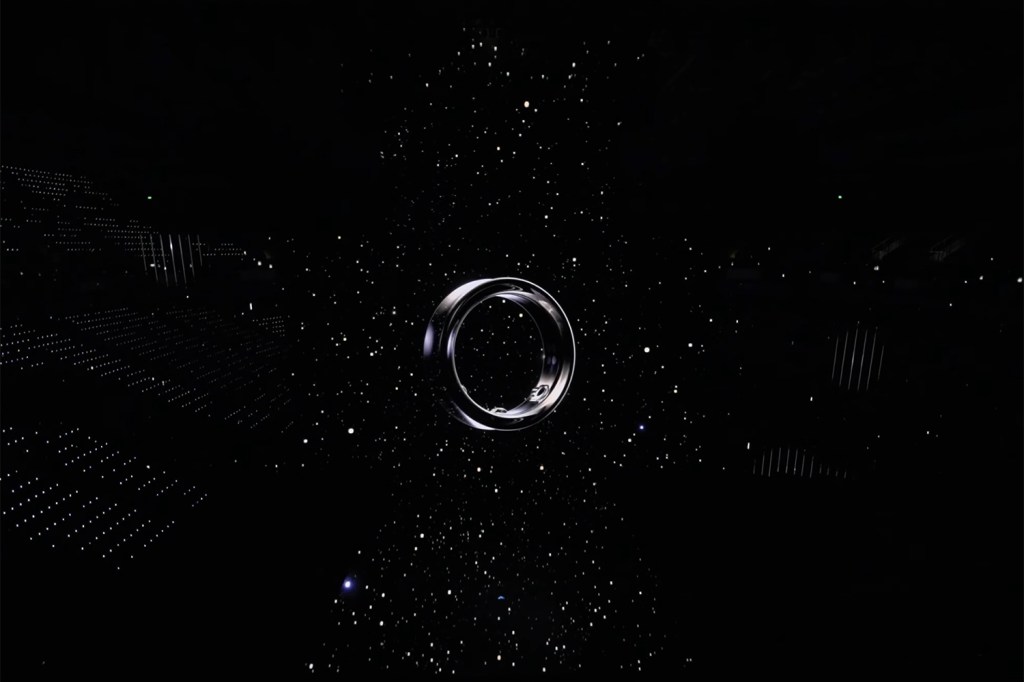
Given the Samsung Ring and Galaxy Watch share similar features, the tech giant might struggle to convince people to buy both. The Oura ring tracks some things my Apple Watch can’t (and vice versa), which is why they compliment each other. By having two similar devices, Samsung might be shooting itself in the foot a bit. For the time being, I think Oura is going to have the edge over Samsung.
